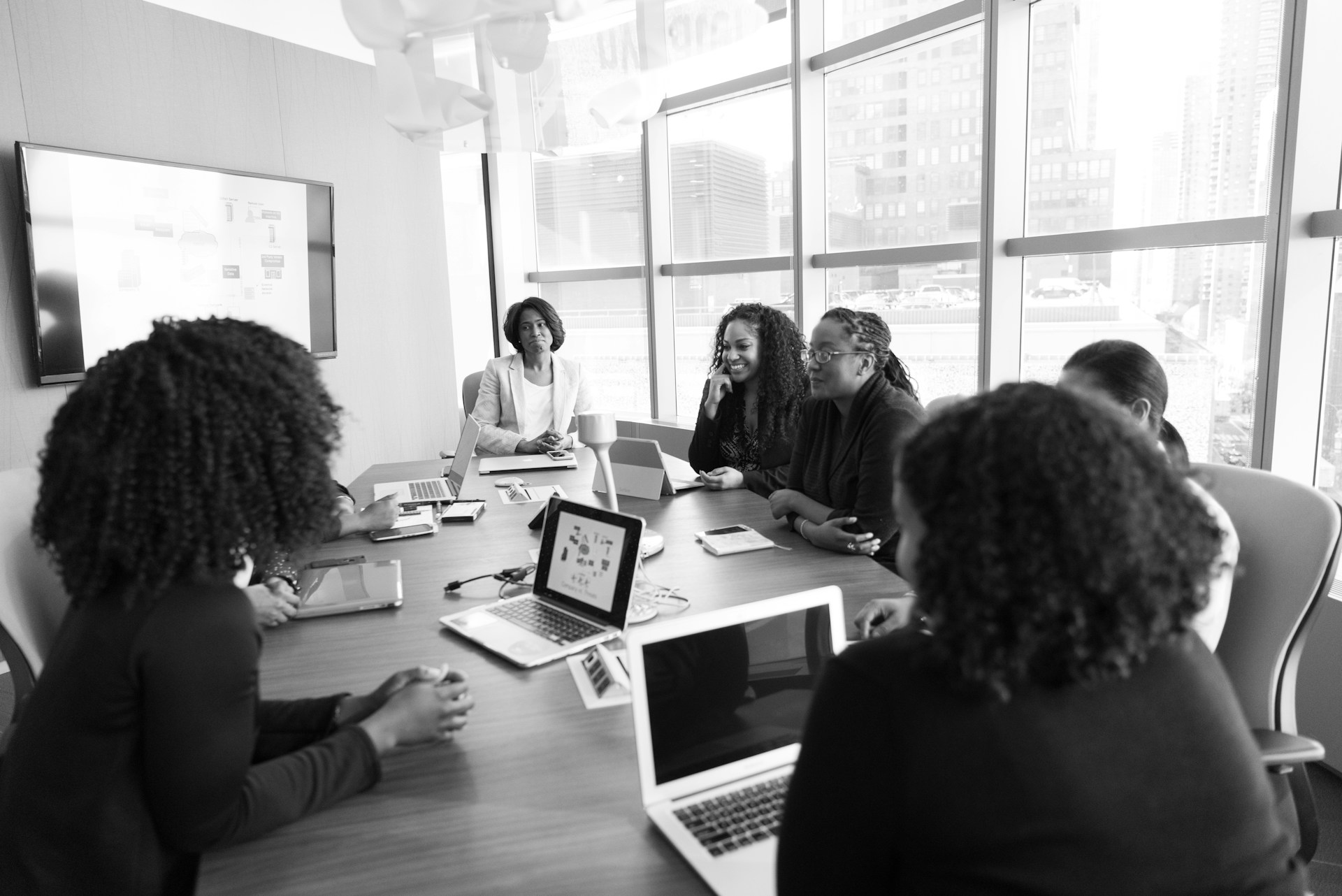By Badru Walusansa
Globally, social justice is under unprecedented threat more than ever. Last month the world commemorated the Social Justice Day on 20th February 2024. The theme for this year was “Bridging Gaps, Building Alliances.” One can simply say this theme was very timely since it necessitated us to ponder on the global efforts made to achieve social justice. The available data shows that the most committed countries to social justice include Sweden, Norway, Finland and Denmark. The common denominator here is that all these are developed countries. On the contrary developing countries remain at the bottom of the social justice index. This is rightly so – because many developing countries majority from Africa are still grappling with internal crises while others have weak social justice policies – and where they exist – such policies suffer implementation gaps.
It has also been argued that there is a correlation between economic prosperity and social justice. This could perhaps explain why the concept of social justice is still alien to many developing countries. But beyond the statistical rankings, which remain a rhetoric, collective global efforts are inevitable, if social justice is to be achieved. Such efforts will even increase pace for developing countries to realize global initiatives such as the Sustainable Development Goals.
The International Labor Organization during its 346th Session held in Geneva from October–November 2022 advanced a proposal to create the Global Coalition for Social Justice. This is a ground-breaking initiative aimed at intensifying collective efforts to urgently address social justice deficits and to accelerate the implementation of the 2030 Agenda for Sustainable Development Agenda.
Two years down the road, the Coalition has steadily attracted 150 members including governments, organizations and individuals. However, one cannot help to think about the effectiveness of this Coalition and how it intends to pursue its mandate as a voluntary body without any enforceability muscle to effect its decisions. That aside, it would also be prudent for the Coalition to develop mechanisms that will support developing countries overcome underlying issues affecting realization of social justice first – rather than feeding the world on statistical scores – which as a matter of fact have forever stayed the same.
The underlying issues affecting developing countries from achieving social justice are quite evident and these include gender disparity, bad governance, income inequality, climate change, food insecurity, refugee crisis, cyber threats among others. This means that developing countries should be put to task to enact and implement progressive policies geared towards the promotion of;- universal health-care, equitable justice, financial inclusion, human rights protection and gender equality, not mention but a few.
Governments need to make investment in generation of national data to track progress of country performance built on the five pillars of social justice namely; access to resources, equity, participation, diversity, and human rights is also a step in the right direction.
Any slightest opportunity to shift away from predictable scores that continue ranking developed countries as the most committed to social justice – which is obvious – will most definitely mark the beginning of achieving global social justice. Social justice should therefore be looked at as a global aspiration as opposed to narrowing it down to individual countries. However, this should not give developing countries the comfort to forego their responsibility in pursuing any interventions aimed at enhancing social justice.
The writer is a Policy Analyst at Development Eye Initiative (DEI)


